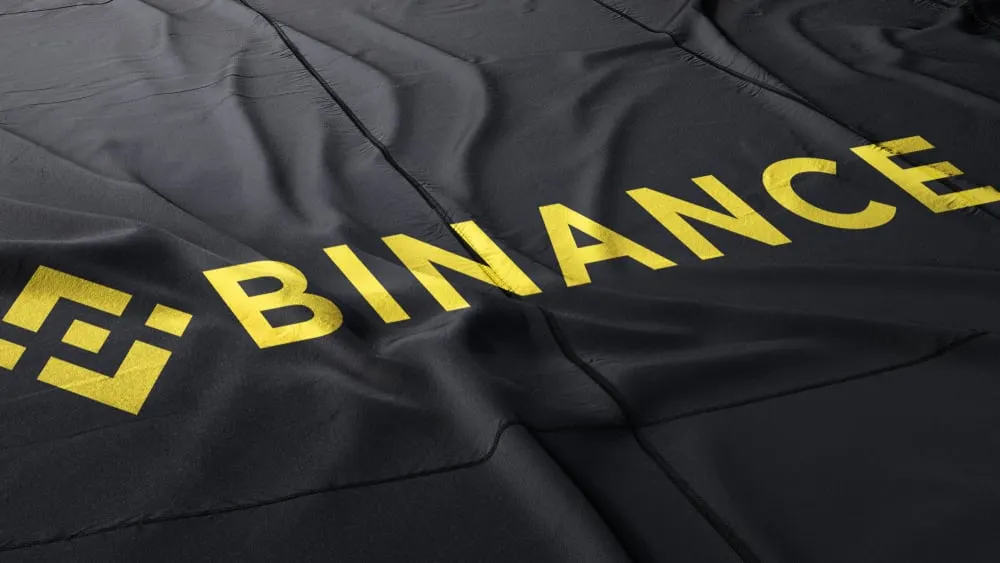The market's largest crypto exchange Binance will begin offering full services for Japanese users in August, said its CEO Changpeng Zhao’s during a conference in Tokyo on Tuesday.
The announcement follows Binance’s acquisition of Sakura Exchange BitCoin (SEBC) in an undisclosed deal last November.
SEBC is regulated by Japan's Financial Services Agency (FSA), meaning the acquisition enables the crypto exchange to officially re-enter Japan.
A Binance spokesperson told Decrypt in November that Japan has a "huge potential in the emerging Web3 industry" and is going to "play a key role" in the continued adoption of crypto.
According to a notice in May, the exchange planned to discontinue services for Japanese users on its global platform on November 30, offering current users the ability to migrate to the new local platform through a new identity verification process after August 1.
Initially, the exchange planned to offer up to 30 digital assets for spot trading on the new platform.
Binance and the FSA didn’t immediately respond to Decrypt’s requests for comment.
Binance and Japan
In 2017, the FSA introduced a registration process for cryptocurrency companies, operating in the country, requiring them to file with the regulator.
Since then, the agency at least twice—in 2018 and 2021—warned Binance of operating in the country without necessary permissions. Notably, the second warning was issued despite Binance’s claims that the crypto exchange had left Japan.
In September 2022, shortly before the acquisition of SEBC, it was reported that Binance was seeking a license to operate in the country and planned to apply for regulatory approval.
A spokesperson for the exchange declined to comment on “discussions with specific regulators” at the time, telling Decrypt that the exchange is “committed to working with regulators and policymakers to shape policies that protect consumers, encourage innovation, and move our industry forward globally.”

